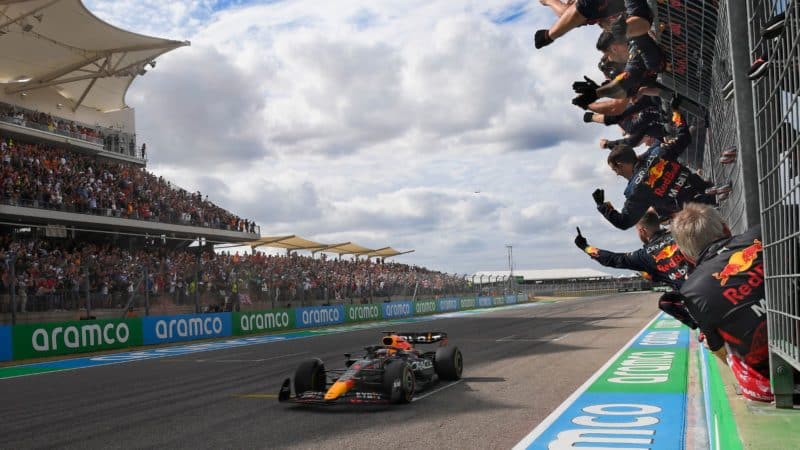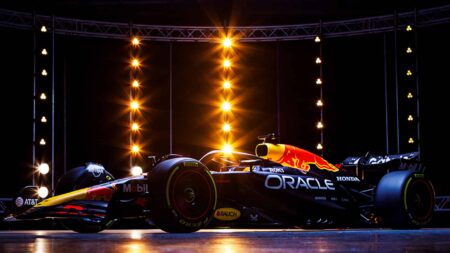The Red Bull deal is an interesting one, though. The sporting fortunes of Red Bull were for years at the mercy of its engine partner Renault. That worked fine when Renault Sport was at the cutting edge of software development for exhaust blowing of the diffuser and generally providing a competitively powerful and fuel-efficient engine in the V8 era. But not at all well when Renault struggled to match the best of the hybrid power units. Red Bull’s subsequent relationship with Honda has been much better, but still left the team’s destiny relying upon an outside entity, one which has not been able to provide a long-term commitment to F1.
Of course, the only teams of comparable stature to Red Bull – Mercedes and Ferrari – did not have this problem as they made their own power units. It was time Red Bull did the same and that was what the creation of Red Bull Powertrains at the end of 2020 represented. Initially that entity was going to take over the production and development of the Honda PUs for the remainder of this formula to the end of 2025. But Honda’s subsequent decision to stay with the project for that time has allowed Powertrains to begin preparations for 2026 (though the PU regs have yet to be finalised).




